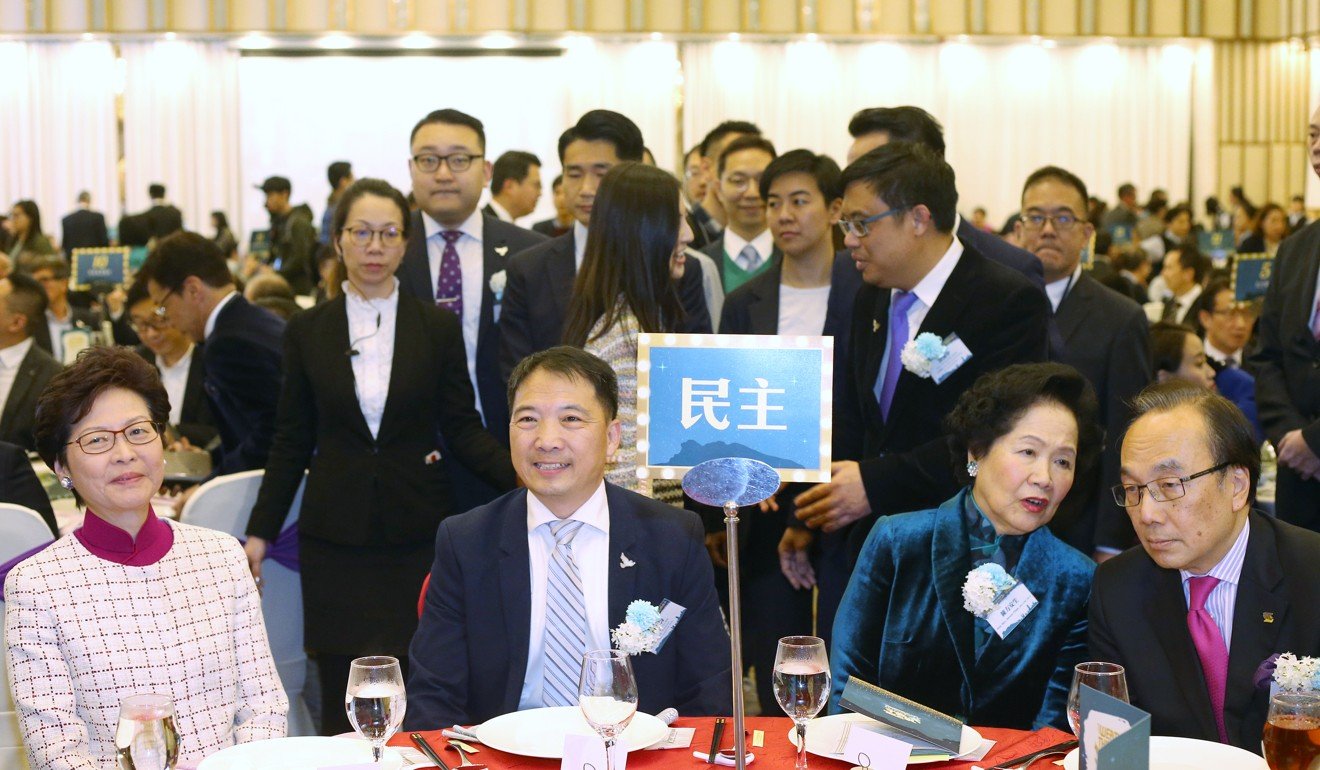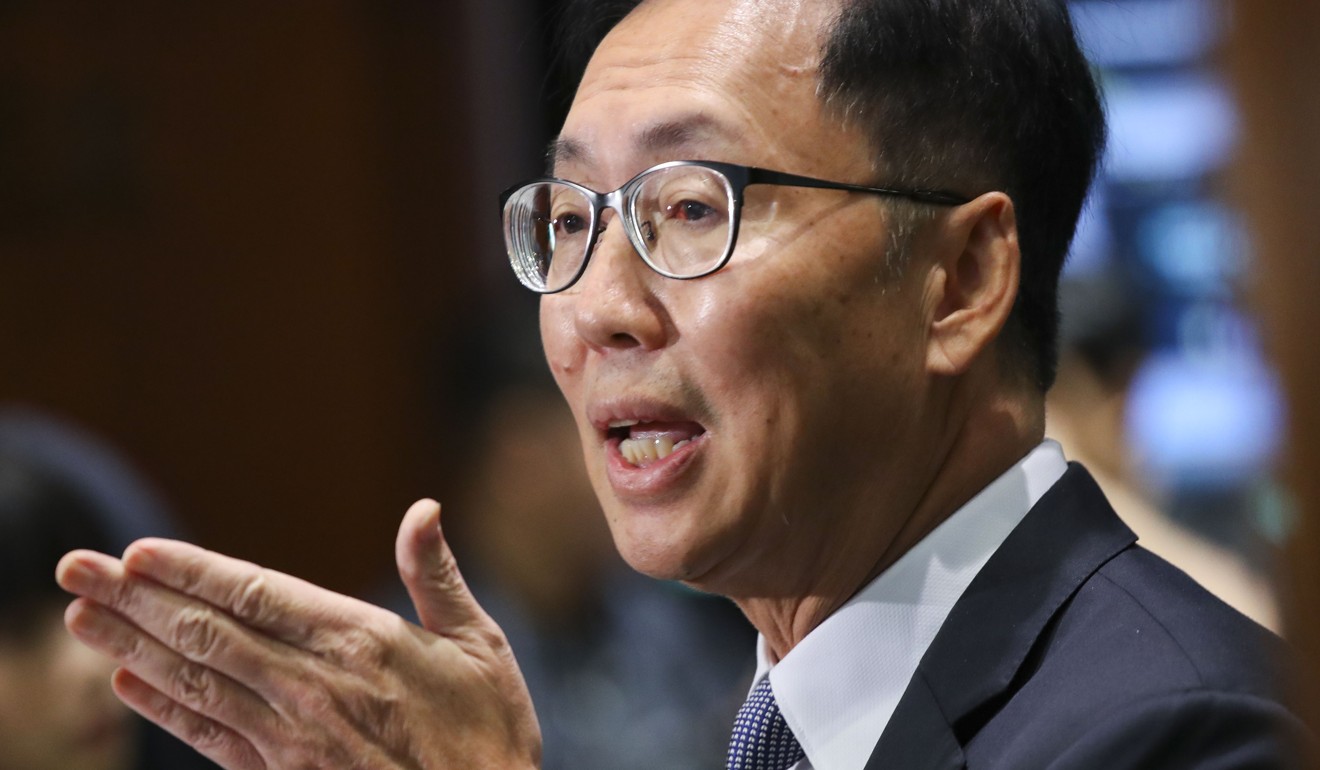
Legco pan-democrats agree to speed through some Hong Kong government funding requests, to ease backlog
After meeting with Carrie Lam, opposition bloc says cash for things such as school and hospitals should be prioritised, but rejects other pro-establishment suggestions
Opposition politicians on Thursday agreed to speed through funding proposals for schools and hospitals, after a meeting with Hong Kong’s leader aimed at clearing the mounting backlog of business in the legislature.
But the pan-democrats turned down their opponents’ plea that they ease scrutiny at the Finance Committee stage for cash requests already dealt with in lower committees, stressing they were only raising legitimate questions.
Legco logjams have been a point of serious contention in recent years, with pro-establishment politicians accusing their opponents of stymieing the city’s development with filibusters and obstruction. Pan-democrats have accused the administration and its allies of forcing through funding requests – and government business more generally – without addressing public concerns.

Lawmaker Charles Mok, convenor of the pro-democracy camp, welcomed Lam’s willingness to hold Thursday’s meeting, but said there were things the government could do to clear the backlog.
“We have taken the chance to tell the chief executive that we find such communication positive and it would be a good thing if the meeting would become regular,” Mok said.
“We have also reflected our views that if officials could be more prepared when they address our questions ... it would save a lot of discussion time.”
Lam said the day before the meeting that she hoped at least five items involving hospitals – including the reconstruction of Kwong Wah Hospital and Queen Mary Hospital – could be fast-tracked and approved without discussion lasting one or two months.
Both blocs will meet to discuss how exactly to reshuffle the Finance Committee agenda.
Asking irrelevant and policy questions does not help monitor the government at all

Lawmaker Chan Kin-por, who chairs the committee, met Lam separately earlier in the day alongside his allies. He said there were 70 projects which were urgent and livelihood-related, and his panel would deal with those first.
Lamenting the slow progress during the legislative term, Chan called on lawmakers to consider putting some items which had already been debated at subcommittees directly to the vote in the main committee, rather than starting the discussion all over again.
He dismissed suggestions that the move would render the legislature a rubber stamp.
“[That suggestion] is totally wrong – you can still check and scrutinise government proposals, but you need to be effective,” he said. “Asking irrelevant and policy questions does not help monitor the government at all.”
Mok said Chan’s suggestion was not mentioned in their meeting with Lam, who he said had acknowledged lawmakers’ roles in monitoring the administration.
But he added: “For the more controversial items, there is no reason or justification for bypassing the discussion in the Finance Committee ... It is a bit strange that the Finance Committee chairman is taking an even tougher stance than the executive branch.”

